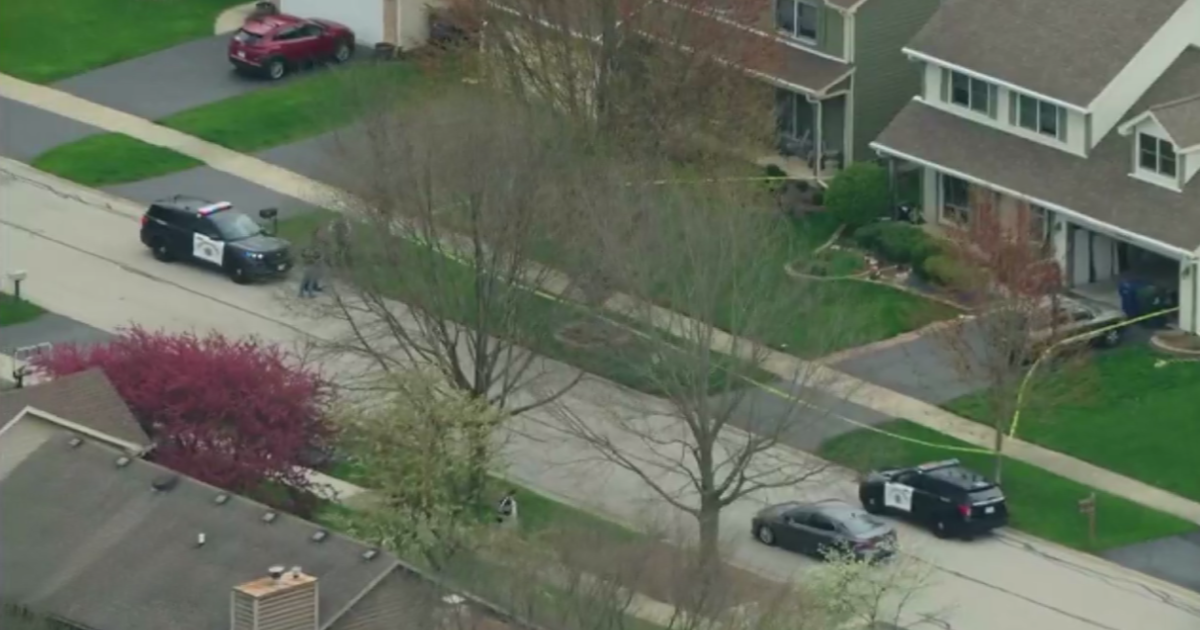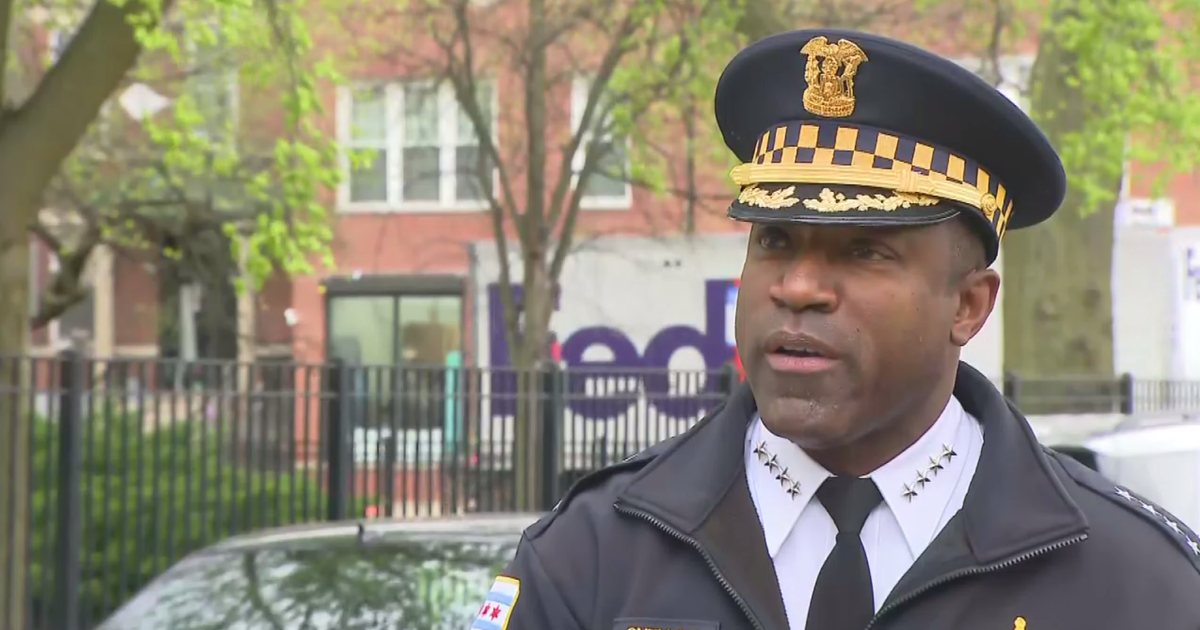Local Expert Offers Tips For Talking About Tragedy With Kids
RIVERWOODS (CBS) -- How do you talk to your children about the tragedy in Connecticut?
WBBM"s Lisa Fielding talked to a suburban grief counseling center. Stefanie Norris is the Executive Director of Willow House of Riverwoods.
"My recommendation for families with young children in particular is to turn off the TV," said Norris. "Don't have them exposed to these images."
LISTEN: WBBM Newsradio's Lisa Fielding Reports
Podcast
Norris says parents should find out what their children know and if their schools have talked about what happened.
"My suggestion always is for parents to just give them simple facts so you go from facts to reassurance. And checking in periodically," said Norris. "Especially with those kids who did hear about it and do know about it and make sure they are okay.
Additional guidelines from Norris include:
1. Use direct, concrete language. Say the words that apply: "accident," "dead," "critical condition," "died by suicide," "victim," etc.
2. Ask questions," What are you feeling?" "What have you heard from your friends?", "What do you know about what happened?" This gives you as a parent a chance to determine that your child has accurate facts and not some scenario that came out of rumors, which can and do travel quickly among teens in any community. Repeat this process, making sure they have accurate information and ask directly if there is any information that needs further explanation.
3. Share some of your feelings about the event with your child. Identify and talk about these feelings. You are their role model. Openly sharing your feelings of sadness, grief, sympathy and concern for the family and community affected by the tragedy empowers your child to express their feelings more comfortably, and helps them to learn empathy and concern for others.
4. Keep in mind the age and level of comprehension of your child and speak to that level. You don't want to overwhelm them with too much information and / or feelings that might be problematic for them. End each conversation with a nurturing hug and supportive, encouraging words.
5. If your child is feeling insecure and frightened, they will need reassurance from you, a lot of touching and contact with you. Over time this will help your child to relax and feel less fearful.
6. Don't hesitate to refer to the deceased by name. The person may be dead, but he or she is a person to be remembered, not spoken about in hushed pronouns.
7. Talk about the funeral, memorial service and other related rituals, like sitting Shiva. Describe in detail what will happen and give your child a choice as to whether or not they want to attend. Think and talk about other ways they can say "goodbye" if they want to and if their relationship with the deceased calls for that. This might also include personal ways of expressing feelings and "sympathies "to the family, perhaps, by presenting flowers or writing a note.
8. Depending upon your religious views you may want to talk about your belief about what happens when someone dies. Be careful not to say things like, "It was God's will" or "She's in a better place." Statements like this raise more concerns and questions than they answer and can be particularly disturbing to adolescents.
9. Remind your child that you are available to talk about any questions or concerns they may have. Do not always wait for them to raise the subject. Check in with them from time to time.
10. Friends, family, neighbors, schoolmates often find solace and comfort in doing something to honor the person who died; for example, providing a permanent memorial or making donations and /or advocating for a related cause.
11. Teens, in particular, find it helpful to gather with their friends, to "process" the experience by sharing and comparing feelings and by memorializing the person who died as a group. Grief related feelings can result in isolation so group support can be especially helpful.
12. Sudden, violent death or death of a young person can be especially difficult to grieve, and disruption of sleep, appetite and daily activities are normal responses.
13. Some symptoms of ongoing internal stress include:
• Withdrawal from friends and/or school activities
• Little or total lack of emotion regarding the loss or event
• Prolonged inability to acknowledge that the event has happened
• Extreme reactions to the grief and/or fear that lasts a long time
• Changes in health
• Prolonged depression
• Use of alcohol or drugs
• Extreme changes in behaviors
14. If you find that your child is developing problems that you don't know how to handle, do not hesitate to seek professional help.
15. Remember, grief is a natural, normal response to death and working through the grief process is a necessary part of healing.
16. As a parent and role model, ask yourself how you can turn this tragedy into a growth and learning experience that will empower and strengthen you, your family and your child.
Norris says it is important to keep the lines of communication open and reassure your children that they are safe.
Willow House deals specifically crisis and school outreach.



